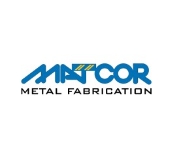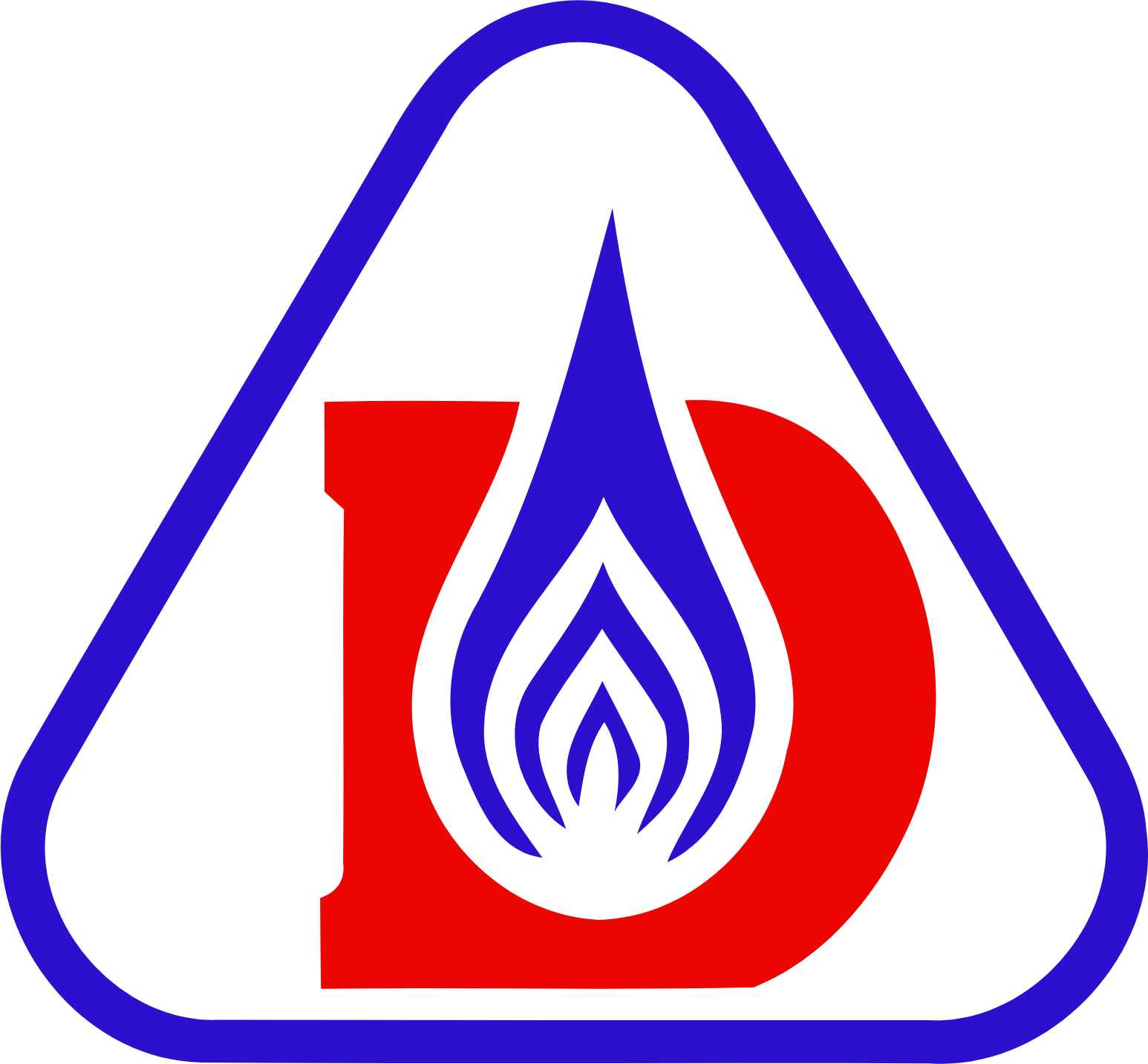Job Summary
The position of Process Safety Engineer reports directly to the Process Safety Manager. This role is accountable for driving process safety and risk programs in collaboration with the process safety group and other functions within FLNG. This includes process hazard analysis (PHA), pre-startup safety reviews (PSSR), assurance, and risk management as it relates to process safety and risk. In addition, this role interfaces daily with all levels of the organization, including field staff, superintendents, and managers within the company. The position will not only understand and convey the PSM Elements, but will also drive barrier-thinking concepts throughout the organization to help ensure that Key Performance Indicators (KPIs) are visible, measured, and monitored.
Duties/Responsibilities
•Provide engineering and technical analysis to identify hazards, evaluate related risks, and assist in the development of effective risk control solutions at the company’s operated assets.
•Advance the process of identifying, assessing, tracking, communicating, and managing process safety risks. Drive alignment of process safety risk registers across assets.
•Support or scribe Process Hazard Analyses (PHAs) (e.g., Hazard and Operability (HAZOP) studies, Hazard Identification (HAZID) studies, Layers of Protection Analysis (LOPA), What-If studies), and other risk assessment processes.
•Support the Management of Change (MOC) process to ensure risks are properly identified and managed, and PHAs and Pre-Startup Safety Reviews (PSSRs) are adequate.
•Participate in multidisciplinary incident investigations.
•Support assets and act as a point of contact for review and coordination of Process Safety Information (PSI).
•Provide engineering and technical input during the development and/or revision of process safety-related standards, procedures, guidelines, and plans as required to meet industry standards or regulatory requirements.
•Utilize an action tracking system to enter appropriate actions.
•Analyze relief design basis and present analysis for review by Senior Engineers.
•Support audit/assurance activities through data collection and interface with FLNG Audit Lead/Principal Auditor.
•Ensure recommendations generated from incident investigations, MOCs, PHAs, risk assessments, and other process safety reviews are appropriately addressed with sound engineering solutions, and that resulting actions are formally tracked to completion.
•Provide process safety technical support to development and expansion projects, e.g., for stage gate reviews, facility siting, building siting, and Quantitative Risk Assessment (QRA), etc.
•Support the development of safe operating and engineering practices at company assets that fully incorporate aspects of process safety.
•Perform routine audits to support a continuous improvement culture in PSM.
Essential Functions
Provide engineering and technical expertise and apply technical knowledge to identify hazards, evaluate related risks, and assist in the development of effective risk control solutions at company’s operated assets.
Ability to comprehend design specifications, standards, and process safety information.
Ability to communicate clearly in verbal and written form.
Ability to conduct efficient meetings.
Ability to analyze, trend, and assess data sets to make or comment on formal recommendations.
Minimum Qualification/Work Experience
Minimum Required:
•Bachelor's Degree in Mechanical, Fire Protection, Chemical Engineering or equivalent
•5+ years of LNG, Chemical, or Plant experience in one or more of the following areas: Process Safety and/or Process Engineering
Preferred:
•Bachelor's Degree in Mechanical, Fire Protection, Chemical Engineering or equivalent
•7+ years of LNG, Chemical or Plant experience in one or more of the following areas: Process Safety and/or Process Engineering
Required Knowledge/Skills/Abilities
•Sensitivity to process safety issues in a complex hydrocarbon processing operation.
•Effective communicator at lower levels of the organization and with individuals and groups from different disciplines and industries.
•Some knowledge of industry standards, best practices, and methodologies for process safety and risk management.
•Limited knowledge of practices for incident management and investigation.
•Some understanding of process safety risk and consequence modeling software tools (e.g., PHAST,FLACS). Able to interpret and apply consequences and QRA results.
•Awareness of plant/manufacturing operations. Preferably LNG or cryogenic plant operations and associated risks.
•Good written, verbal, interpersonal communication, and presentation skills, written and oral.
•Highly efficient in Microsoft Office Suite including Word, Visio, Excel, Project, and PowerPoint.
•Must be able to understand and manage basic issues and effectively communicate such across all levels of the organization and with third parties.
•Commitment to process safety and dedication to the company’s continued safe operations.
•Able to work with a culturally diverse group of business and technical teams.
•Possess the personality and ability to relate to, and establish, a mutually respectful relationship with management, peers, and various facility level workers.
•Health, safety, and environmental knowledge.
•Experience with hazard identification, risk analysis, and assessment methodologies (e.g., HAZOP, What-if, LOPA, JSA)
•Knowledge of industry codes, standards, and practices relevant to process design and safety (e.g., ASME, API, NFPA, ANSI, RAGAGEP)
•Limited knowledge of EPA Risk Management Planning (RMP)
•Functional knowledge of SAP
HSE Roles and Responsibilities
Support the policies, efforts, and programs of the Freeport LNG Health, Safety and Environmental (HSE)Management System. Actively participate in the HSE Management System Policies. Ensure that HSE concerns are given priority in all activities completed within their area of responsibility. Implement routine inspections to ensure safe operating conditions.
Working Conditions and Physical Expectations
This position primarily operates in a professional office environment. This role routinely uses standard office equipment such as computers, phones, photocopiers/faxes, filing cabinets, etc. While performing the duties of this job, the employee may be exposed to fumes or airborne particles, moving mechanical parts, and vibration. The employee is occasionally exposed to a variety of extreme conditions at construction job sites. The noise level in the work environment and job sites can be loud.
Physical Demands
•The physical demands described here are representative of those that must be met by an employee to successfully perform the essential functions of this job.
•Ability to drive to other Company work locations as required.
•Ability to move throughout all areas of the facility.
•Stand and/or sit continuously and perform job functions for a full shift.
•The incumbent is required to use hands to finger, handle, or feel; and reach with hands and arms.
•Physically able to walk, stand, bend, stoop, kneel, reach, twist, lift, push, pull, climb, balance ,crouch, handle, and move items weighing up to 50 lbs. without assistance.
•Visual acuity corrected to perform job functions. Specific vision abilities required by this job include close vision, distance vision, color vision, peripheral vision, depth perception, and ability to adjust focus.
•While performing the duties of this role, the incumbent will be required to talk and hear.
•May be required to enter confined spaces.
•May be required to work at elevated heights.
Work Authorization/Security Clearance (if applicable)
Transportation Worker Identification Card













